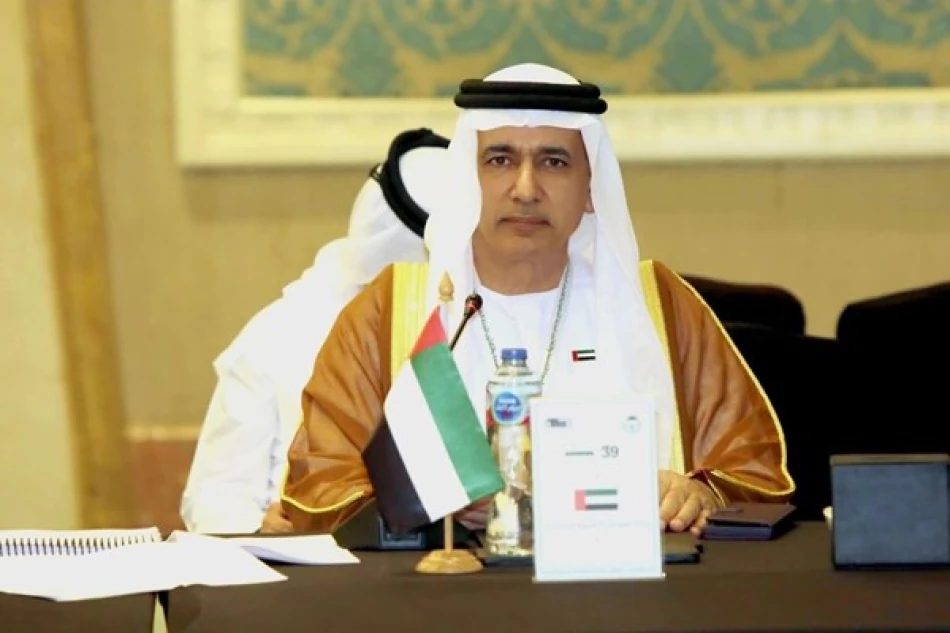
UAE Participates in the 39th Executive Committee Meeting of the Arab Parliamentary Union
Arab Parliamentary Union Advances Anti-Terror Cooperation with UN as Regional Tensions Mount
The Arab Parliamentary Union's executive committee convened in Cairo on Tuesday to discuss strategic partnerships and budget allocations, with a notable focus on strengthening counter-terrorism cooperation with the United Nations. The UAE's Federal National Council participated in discussions that could reshape how Arab nations coordinate parliamentary diplomacy amid escalating regional security challenges.
UAE Takes Active Role in Regional Parliamentary Diplomacy
Sultan bin Yaqoub Al Zaabi, representing the UAE Federal National Council and serving as a member of the Arab Parliamentary Union's executive committee, participated in the 39th session of the organization's executive committee meeting. The UAE's involvement underscores its continued strategy of leveraging multilateral institutions to project soft power across the Arab world.
This participation aligns with the UAE's broader diplomatic approach of positioning itself as a stabilizing force in Middle Eastern politics, particularly as traditional regional powers face internal challenges or international isolation.
Strategic Partnerships and Budget Priorities
UN Counter-Terrorism Collaboration
A key agenda item involved reviewing a memorandum of understanding with the UN Office of Counter-Terrorism, signaling Arab parliaments' recognition that legislative bodies must play a more active role in security coordination. This move reflects lessons learned from recent regional conflicts where parliamentary oversight of security policies proved crucial.
The timing is significant as Middle Eastern nations increasingly view counter-terrorism as requiring both executive action and legislative framework development, moving beyond purely military or intelligence-based approaches.
Financial Planning for 2026
Committee members reviewed the proposed 2026 budget and financial committee reports, indicating the organization is planning for sustained operations despite economic pressures facing several member states. The budget discussions likely reflect competing priorities between traditional diplomatic activities and emerging security cooperation initiatives.
Implications for Regional Parliamentary Cooperation
The meeting's focus on emergency agenda items for upcoming International Parliamentary Union gatherings suggests Arab nations are coordinating positions on global issues more systematically than in previous years. This coordination mechanism could prove valuable as geopolitical alignments shift and new international partnerships emerge.
For regional stability, the emphasis on parliamentary diplomacy represents a maturation of Arab political institutions, moving beyond purely executive-level negotiations to include legislative branch engagement. This approach mirrors successful diplomatic frameworks in Europe and Southeast Asia, where parliamentary unions have facilitated smoother inter-state relations.
The UAE's active participation also signals its commitment to working within Arab institutional frameworks despite its growing ties with non-Arab partners, potentially serving as a bridge between traditional Arab politics and emerging regional arrangements.
Most Viewed News

 Layla Al Mansoori
Layla Al Mansoori






